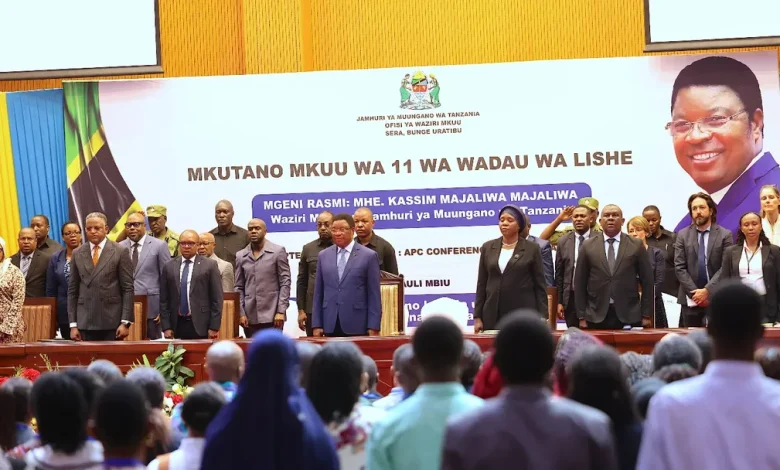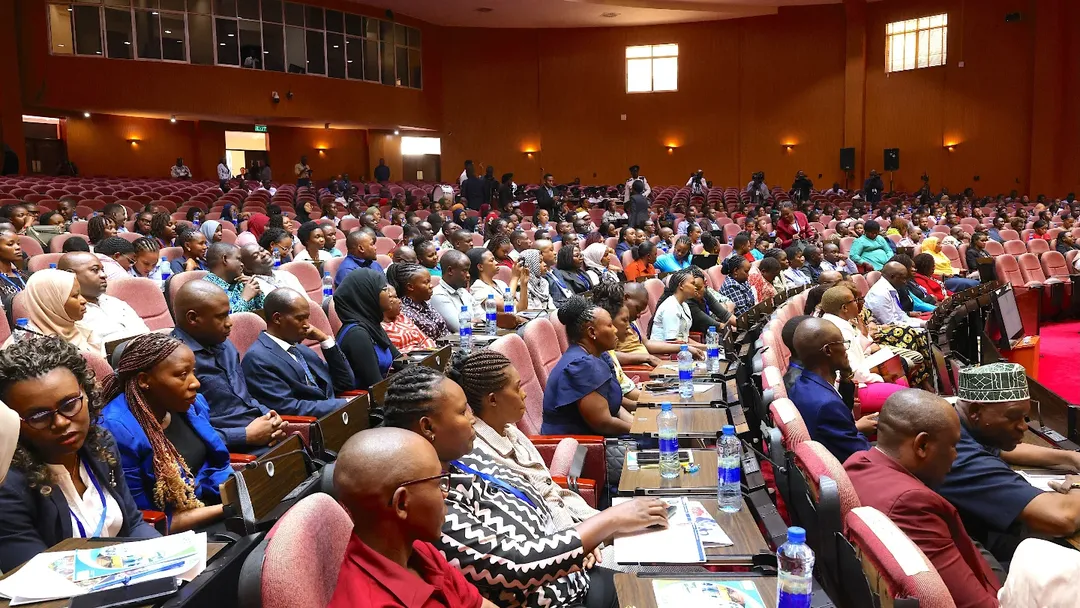TZ cuts child stunting by nearly half, says PM

DAR ES SALAAM: TANZANIA has significantly reduced stunting among children under the age of five, bringing the rate down from 48 per cent in 1992 to 30 per cent in 2022, thanks to sustained government efforts in prioritising nutrition.
Prime Minister Kassim Majaliwa yesterday made the revelation during the closing of the 11th National Nutrition Stakeholders’ Meeting at the APC Conference Hall in Bunju, Dar es Salaam.

The premier said the progress was achieved through increased budget allocations, improved monitoring systems and widespread awareness campaigns.
“The government recognises that nutrition is not just a health issue — it is a cornerstone of human capital, economic growth and social development,” he said.
The Prime Minister also noted a reduction in wasting among children under five, which dropped from 5 per cent in 1992 to 3.2 per cent in 2022.
He credited President Samia Suluhu Hassan’s leadership for placing nutrition at the centre of national development strategies, highlighting her role in strengthening both national and grassroots-level interventions.
“President Samia’s commitment earned her the Global Goalkeeper Award from the Bill & Melinda Gates Foundation, recognising her significant contribution to advancing the Sustainable Development Goals, especially in maternal and child health and nutrition,” said Mr Majaliwa.
“The government’s mission is to ensure that every Tanzanian has access to adequate food, good health, and proper nutrition.”
Despite the achievements, the Prime Minister expressed concern over the rising rates of overweight and obesity — particularly among women of reproductive age — which increased from 28 per cent in 2015 to 37 per cent in 2022.
“This trend reflects changes in diet and lifestyle that are part of a broader global challenge,” he said.
He urged all ministries, government institutions, and the private sector to allocate sufficient resources for nutrition programmes and to mainstream nutrition interventions into their annual budgets and plans to ensure accountability and sustainability.
Mr Majaliwa also called on research institutions and universities to enhance nutrition-related studies and ensure that their findings are translated into effective policy and strategy.
ALSO READ: Over 668m/- spent on nutrition interventions in Singida Region
For his part, the Minister of State in the Prime Minister’s Office (Labour, Youth, Employment and Persons with Disabilities), Mr Ridhiwani Kikwete, reaffirmed the government’s commitment to ensuring that all stakeholders under the Multi-Sectoral Nutrition Plan fulfil their roles.
“This includes ensuring that all ministries integrate nutrition into their annual budgets and work plans,” Mr Kikwete emphasised.





